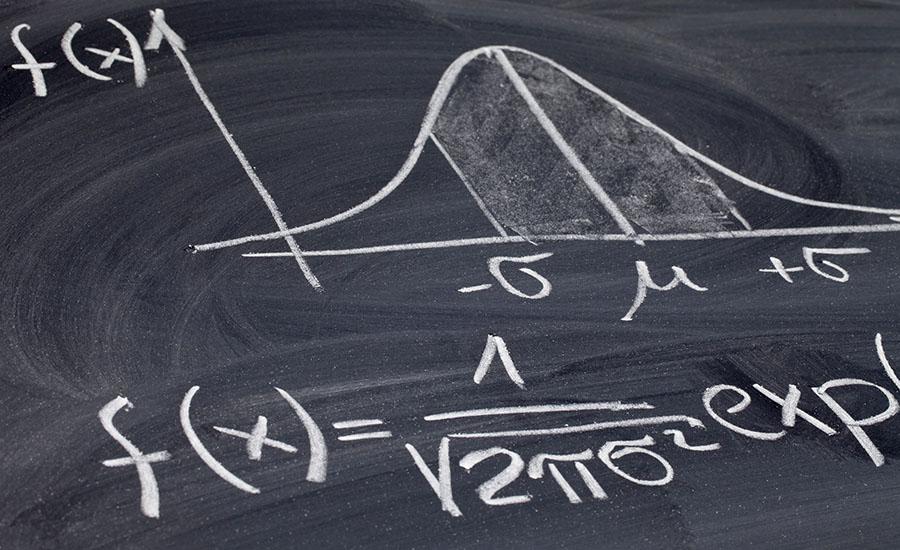This lesson plan is designed for students to investigate the relationship between force, mass, and acceleration. The lesson starts with a phenomena video and hypothesis question. It is followed by a
Students investigate options for covering a unique shaped pool with circular solar pool covers. This lesson includes using a scaled drawing to create calculations and creating a proposal.
Students will conduct a lab activity to gather information about how the heart rate can be affected by rest and by exercising. They will learn how to calculate their own target heart rates using a
This lesson will explore aerodynamics, rocketry, and principles of space flights. Students will act as engineers. Their job is to research, plan, design, and build a water bottle rocket that will
This STEM activity is designed to be used with an animal habitat lesson. Students will create a UV animal using color changing UV beads and design a shelter to protect the animal from harmful UV light
This lesson is about watersheds. It includes the presentation of the lessons, STEM sheet to use, and enrichment activity for students. The lesson includes a branching out activity of their own
This lesson will provide students with hands-on experience to design a roller coaster that will demonstrate transformation and conservation of mechanical energy. Students will learn the concept of
This lesson plan is the nitty-gritty principles of roller coaster. It can be taught and used for 4th grade and 5th grade students. The first part of the lesson is the discussion of the principles
This lesson plan is about the phases of the moon. It can be used for 4th grade and 5th grade students. This is a hands-on activity that would help students explore the explanations about the movement
First students will learn what engineers do and a few different strategies they might use to build strong buildings. Students will create a structure of any shape using given materials to withhold two
Featured Lesson Plans
Check out these notable lesson plans.

Arizona Animal Crossing
In this lesson, students use the engineering process to solve a real-world problem along the I-10 in Arizona. Students analyze data about roadkill along a particular stretch on the I-10 just outside

Go through different STEM, reading, and writing activities with Roz and her friends in The Wild Robot. Students will problem solve, participate in discussions, and learn about artificial intelligence

